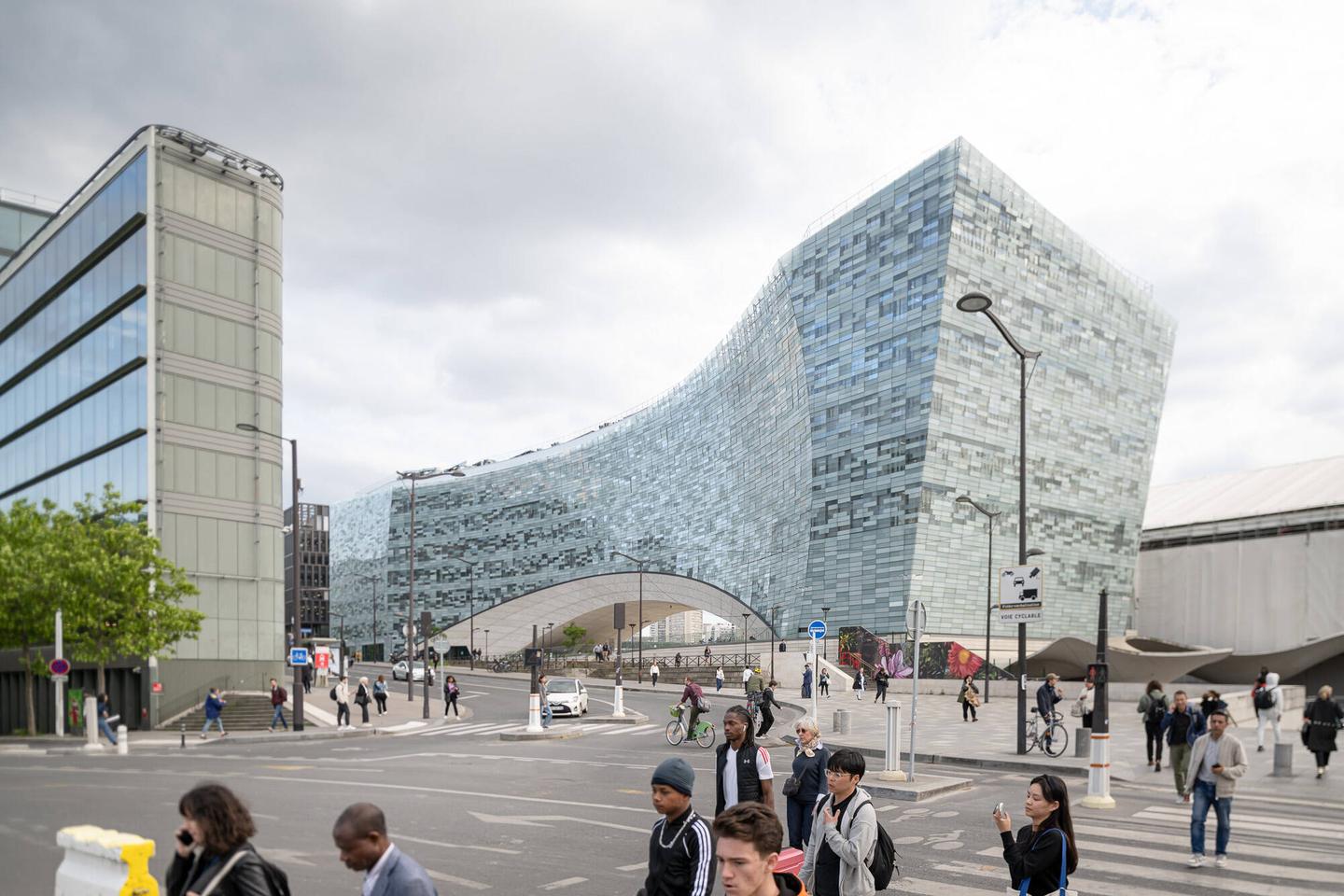


After signing an agreement with OpenAI in March 2024, Le Monde announced on Tuesday, May 13, the signing of a new agreement with the artificial intelligence (AI) company Perplexity. Founded in San Francisco in 2022, Perplexity has become a key player in this emerging industry. Its main product is an "enhanced search engine," also known as an answer engine. Instead of providing a list of links, the answer engine uses AI language models to analyze natural-language queries and provide tailored answers, complete with links to the sources referenced.
By signing this agreement with Perplexity, Le Monde joins other international publishers such as Der Spiegel, Prisa (El Pais), and Time magazine.
Unlike the agreement signed with OpenAI, the multi-year agreement signed with Perplexity does not involve the use of our content to train an LLM (Large Language Model). It only concerns the use of our content to generate answers to questions (output). This will allow users of Perplexity.ai to find the source, if applicable, of answers in Le Monde's editorial content, while also attracting a new generation of readers for Le Monde, who are already inclined to use these technologies. Each time the answer engine uses an article from Le Monde to formulate its response, a link to the article in question will be inserted, ensuring additional visibility for our work.
Furthermore, this agreement grants us access to Sonar, an answer engine that will be gradually rolled out over the next month on our site and apps. This new feature will offer Le Monde readers a complementary search experience to that of a traditional search engine. Specifically, our readers will have the opportunity to make requests in natural language, with responses exclusively sourced from Le Monde's content. This integration is contractually dependent on the reliability and relevance of these responses. It would obviously be withdrawn if it failed to meet these criteria. It goes without saying that this new agreement, like previous ones, will not hinder our journalists' freedom to investigate the AI sector in general and Perplexity in particular.
We are convinced that this agreement, once again non-exclusive, is of major importance to Le Monde, its readers, subscribers and more broadly to the online information sector. Like the agreement previously signed with OpenAI, it compensates Le Monde for referencing its content and explicitly acknowledges the value of this production as well as the need to sign an agreement to reference our content. In doing so, it establishes, after OpenAI, a second precedent at a time when all press publishers are fighting to assert their rights and those of their journalists, while many digital platforms and AI players are suspected of disregarding copyright and publishers' rights.
A growing challenge
As the only French publisher to date to have concluded an agreement with OpenAI, Le Monde willingly assumes this pioneering role in this revolution that forces us to rethink our practices while firmly defending our rights. Since the partnership with OpenAI was signed, Le Monde has explored partnership possibilities with leading AI players. The agreement signed with Perplexity fits into this dynamic: It reflects our desire to develop the search engine optimization of our content with these players, a growing challenge, while safeguarding our rights and ensuring fair compensation for the use of our content. Complementary to the OpenAI agreement, the partnership with Perplexity contributes to improving the quality of information provided to users of these sites and applications. It will also help develop innovative tools for the paper's readership.
From the outset, we have ensured that no agreement signed by Le Monde with these AI players is exclusive, allowing us to continue exploring possibilities, while hoping that French and European players join this momentum and thus ensure respect for copyright. Created at the initiative of Beaumarchais in 1791, copyright is one of the cornerstones of our industry. It would be paradoxical if only American companies signed such agreements that both protect and compensate publishers. It would be natural and virtuous for these European players, born on a continent that founded this right, to also embrace this logic essential for our sector's economy. This is, we hope, the next step in this revolution.
